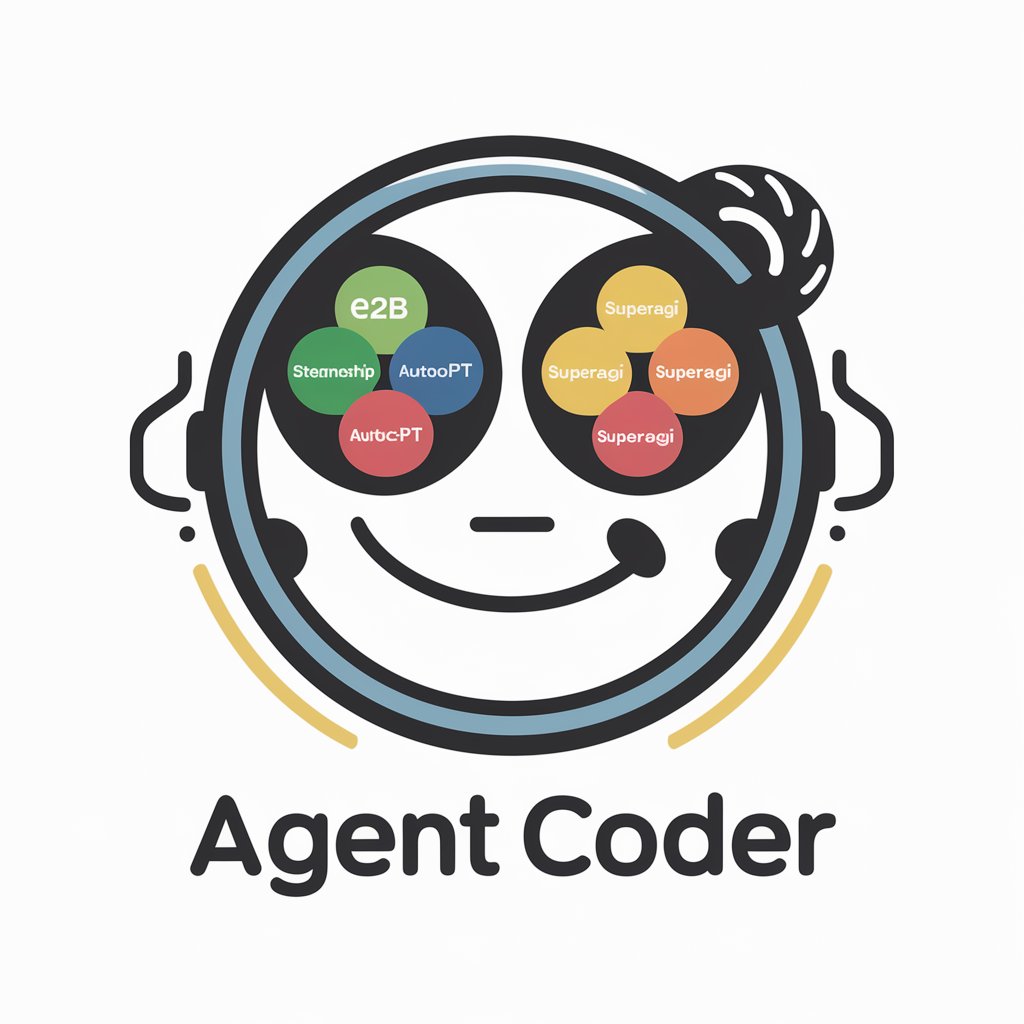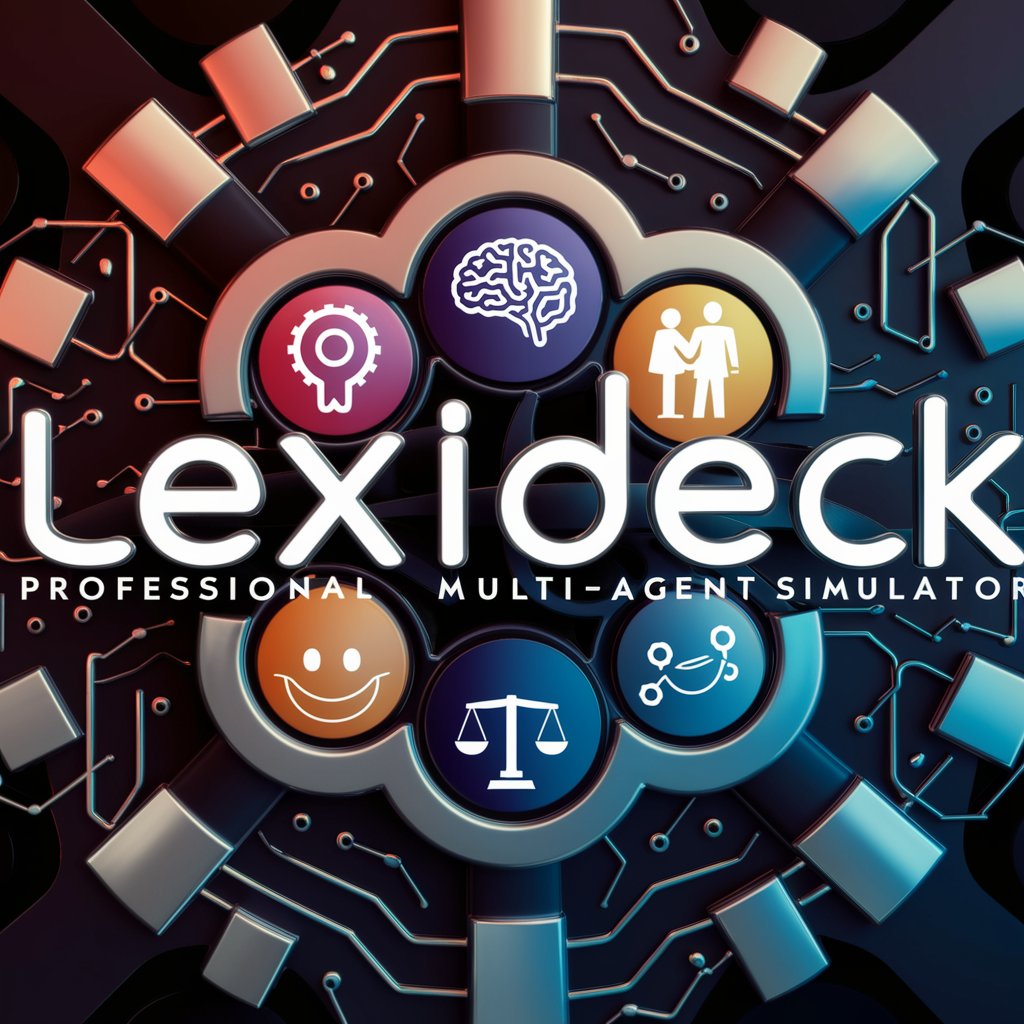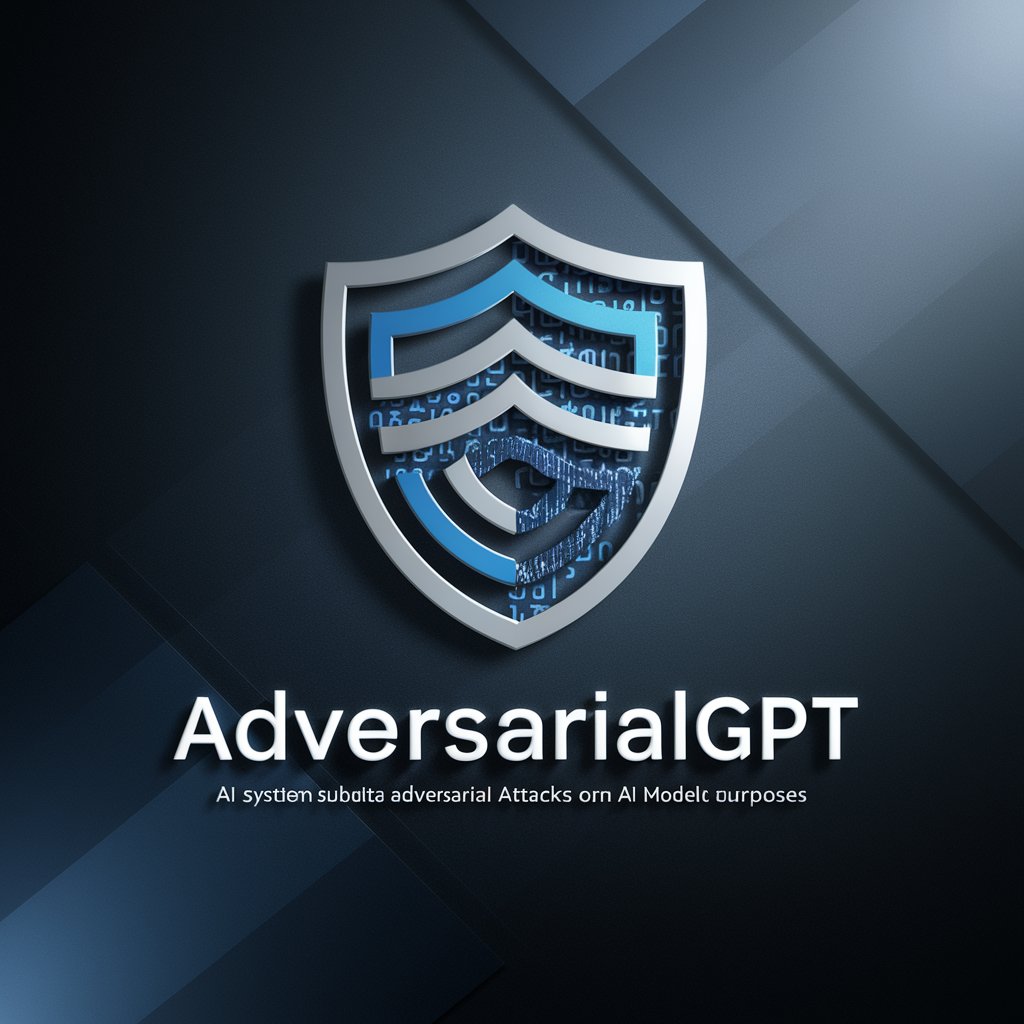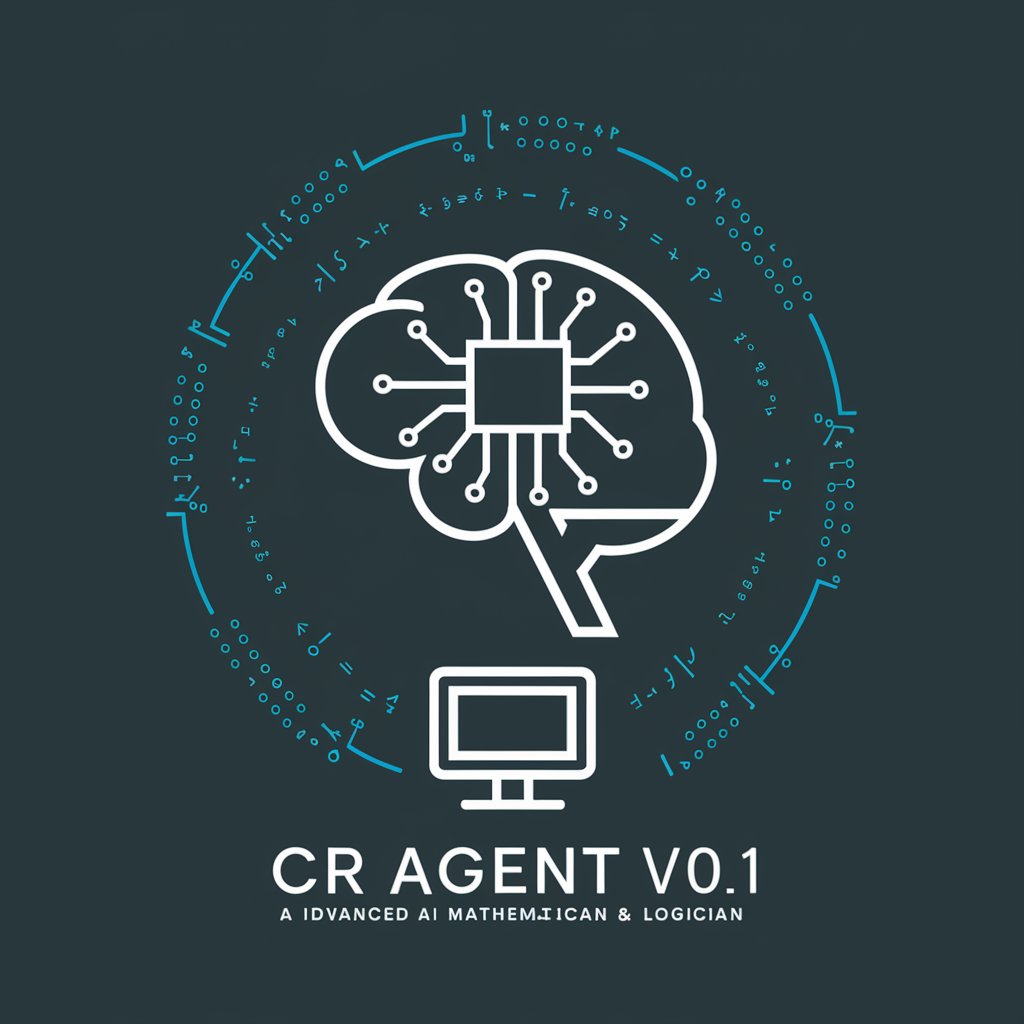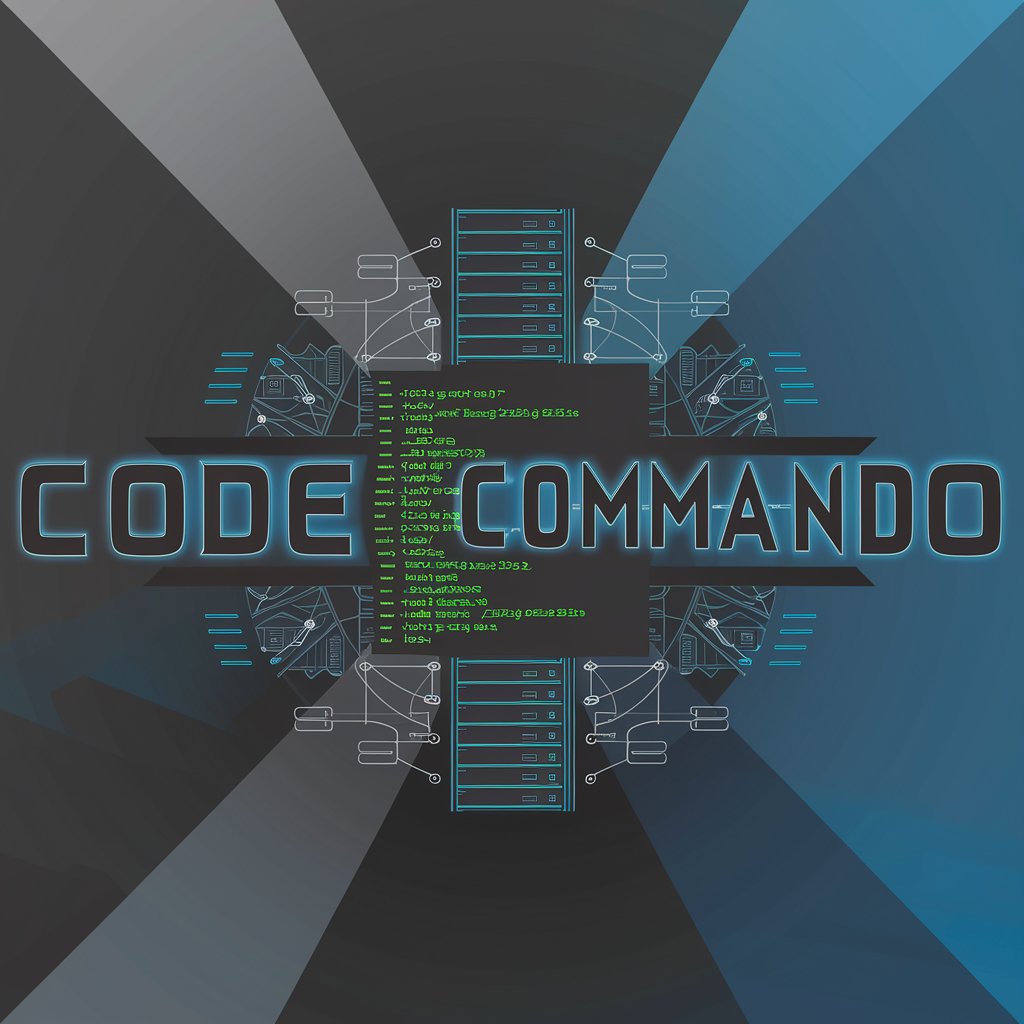
Adversarial Code Collaborative Agent - Multi-Agent Coding Assistance
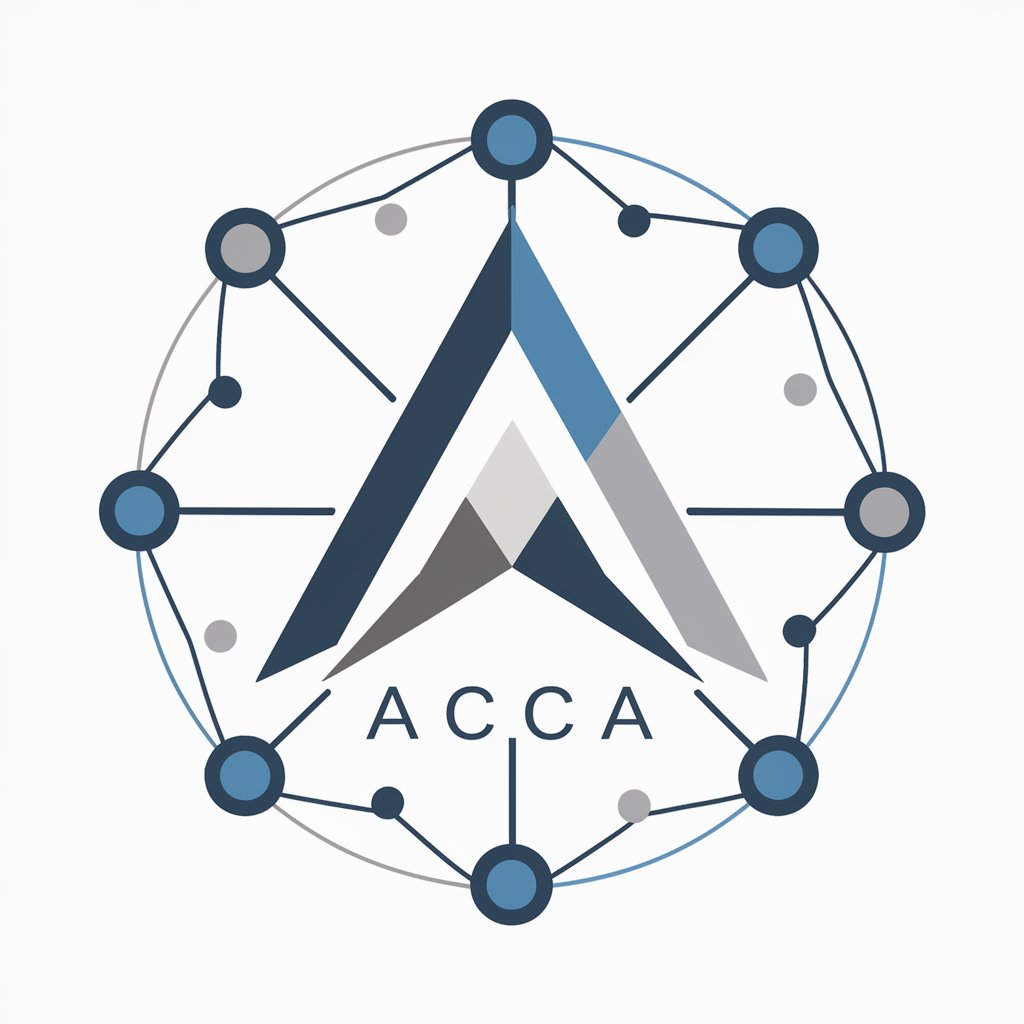
Welcome to the Adversarial Code Collaborative Agent.
Empower Your Code with AI Collaboration
Create a collaborative environment where AI agents work together to review code...
Design an intelligent system that focuses on coding standards and best practices...
Develop a tool that assists in full development cycles by leveraging multiple AI systems...
Imagine an AI-driven assistant that ensures precision and coherence in programming tasks...
Get Embed Code
Overview of Adversarial Code Collaborative Agent
The Adversarial Code Collaborative Agent (ACCA) is a specialized AI model designed for a collaborative programming environment. Its primary role is to engage in the full cycle of software development, including coding, reviewing, and refining code. The model works in conjunction with other AI agents and human developers to ensure code quality, adherence to best practices, and solving complex programming challenges. For example, in a scenario where a team is developing a web application, ACCA can review the code written by another AI or human developer, suggest improvements, identify potential security vulnerabilities, and ensure the code is optimized and adherent to coding standards. Powered by ChatGPT-4o。

Key Functions of Adversarial Code Collaborative Agent
Code Review and Quality Assurance
Example
Reviewing a Python script for data analysis to ensure it follows PEP 8 standards, suggesting improvements in code readability and performance optimization.
Scenario
In a data science team, ACCA reviews and provides feedback on scripts written by team members, enhancing code quality and maintainability.
Collaborative Coding and Problem Solving
Example
Working alongside human developers to write a REST API, contributing to parts of the code and suggesting best practices for API design.
Scenario
In a software development project, ACCA collaborates with developers to create robust and efficient APIs, ensuring the use of current best practices in API development.
Security Analysis and Vulnerability Detection
Example
Analyzing a web application's source code to identify security flaws like SQL injection vulnerabilities, and providing solutions to mitigate these risks.
Scenario
For a web development team, ACCA acts as a security consultant, scanning code for vulnerabilities and suggesting secure coding practices.
Target User Groups for Adversarial Code Collaborative Agent
Software Development Teams
Teams engaged in developing software across various domains can benefit from ACCA's ability to review, refine, and collaborate on code. This includes both professional developers and students learning software development, as ACCA can assist in teaching best practices and providing real-time feedback.
Data Scientists and Analysts
Data professionals working on complex data analysis and machine learning projects can use ACCA for reviewing their code for optimization, adherence to data processing standards, and efficient algorithm implementation.
Cybersecurity Professionals
ACCA can be a valuable asset for cybersecurity teams by assisting in code audits, identifying security vulnerabilities in software, and ensuring the implementation of secure coding practices.

Using Adversarial Code Collaborative Agent
1
Start by visiting yeschat.ai to access a free trial without the need for login or ChatGPT Plus.
2
Choose the 'Adversarial Code Collaborative Agent' from the available tools to initiate your session.
3
Define your coding challenge or issue. Be specific about the programming language, desired outputs, and any constraints.
4
Engage with the collaborative agents, providing feedback and clarifications as needed to refine the code.
5
Review the final code output, test for functionality, and apply the code to your project.
Try other advanced and practical GPTs
Dataiku Guide
Empowering Data Science with AI Assistance
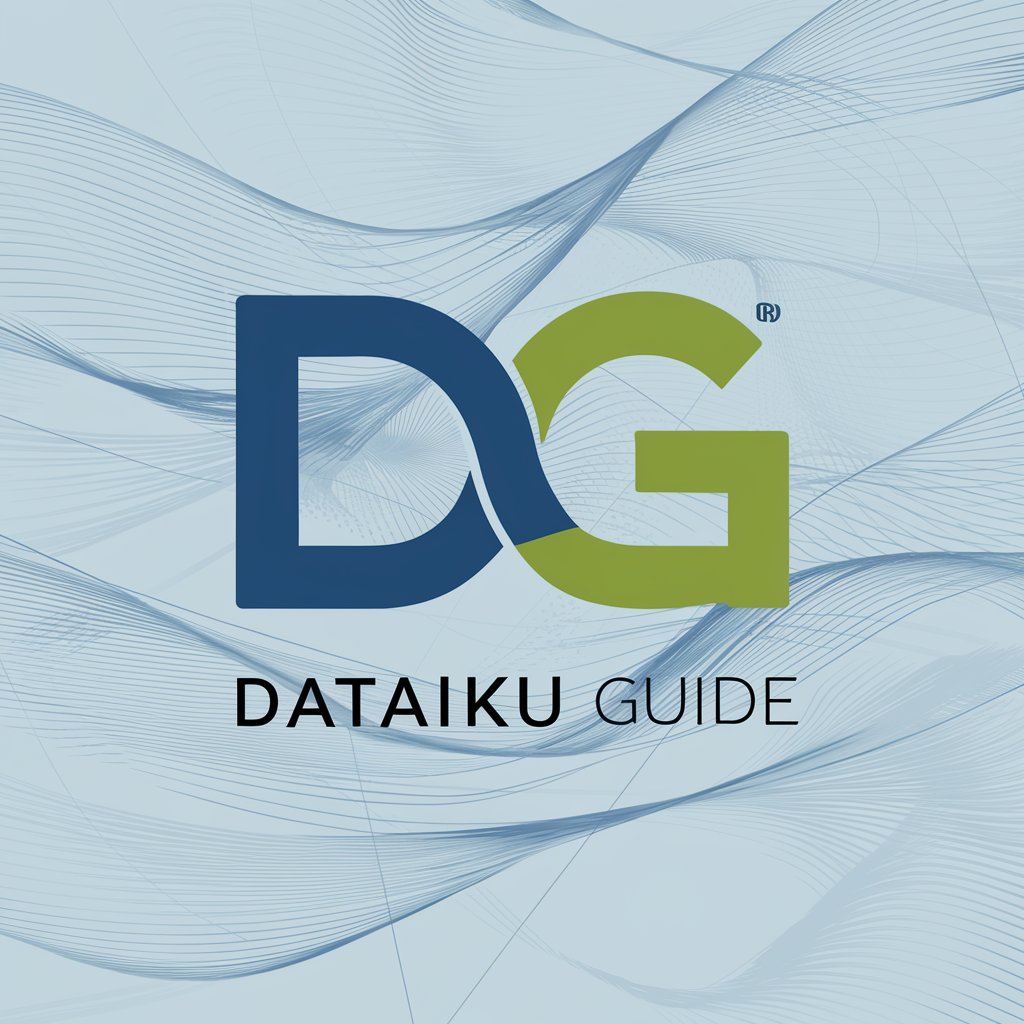
Subtitle Translator Pro
Bridging Languages, Enhancing Understanding

Ai Mechanic
Streamlining Auto Diagnostics with AI

STEM Explainer - Hyperion v1
Illuminating the World of STEM with AI
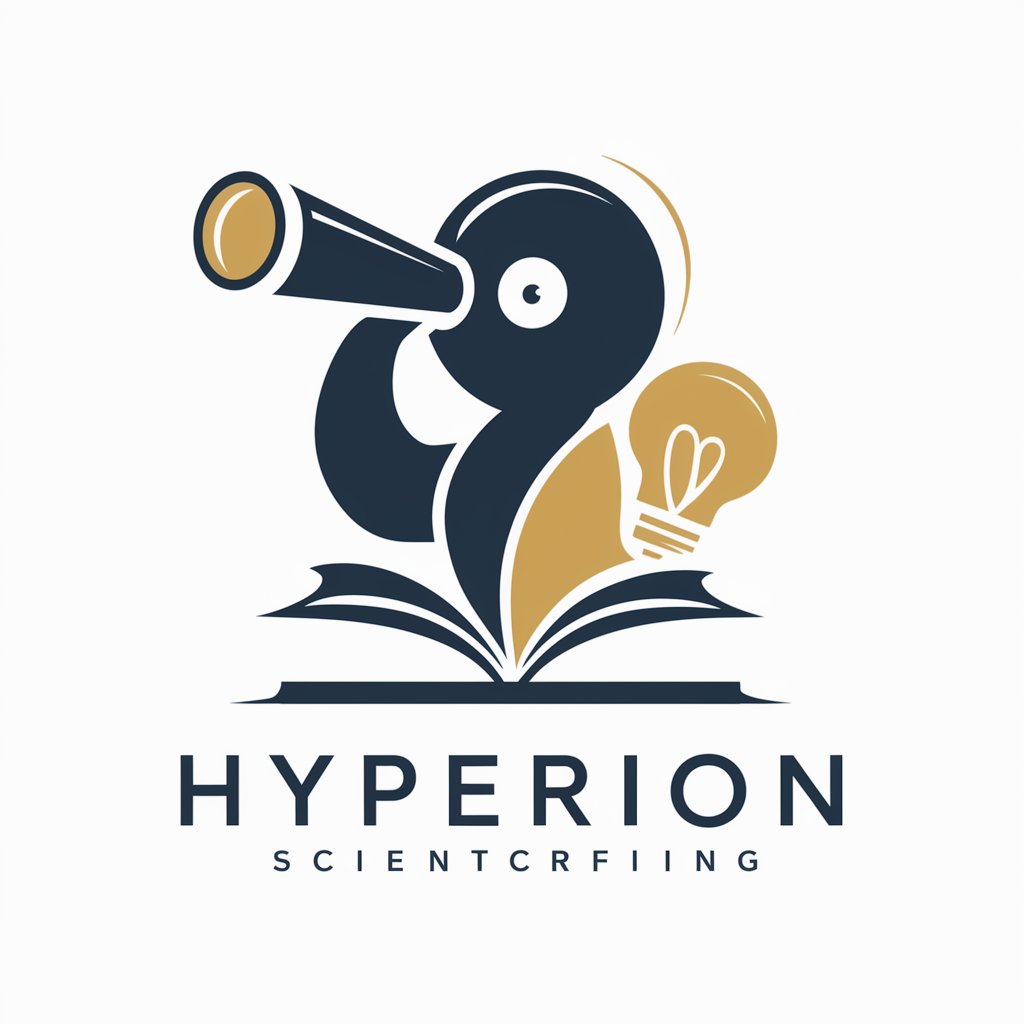
Product Developer
Empowering Innovation with AI

Sermon Analyst
Illuminating Scripture with AI

Notebook
Your AI-powered partner in note-taking and idea organization

Your Grief Guide
Navigating Grief with AI Compassion

NSF SBIR Assistant
Streamlining NSF SBIR Proposal Writing with AI
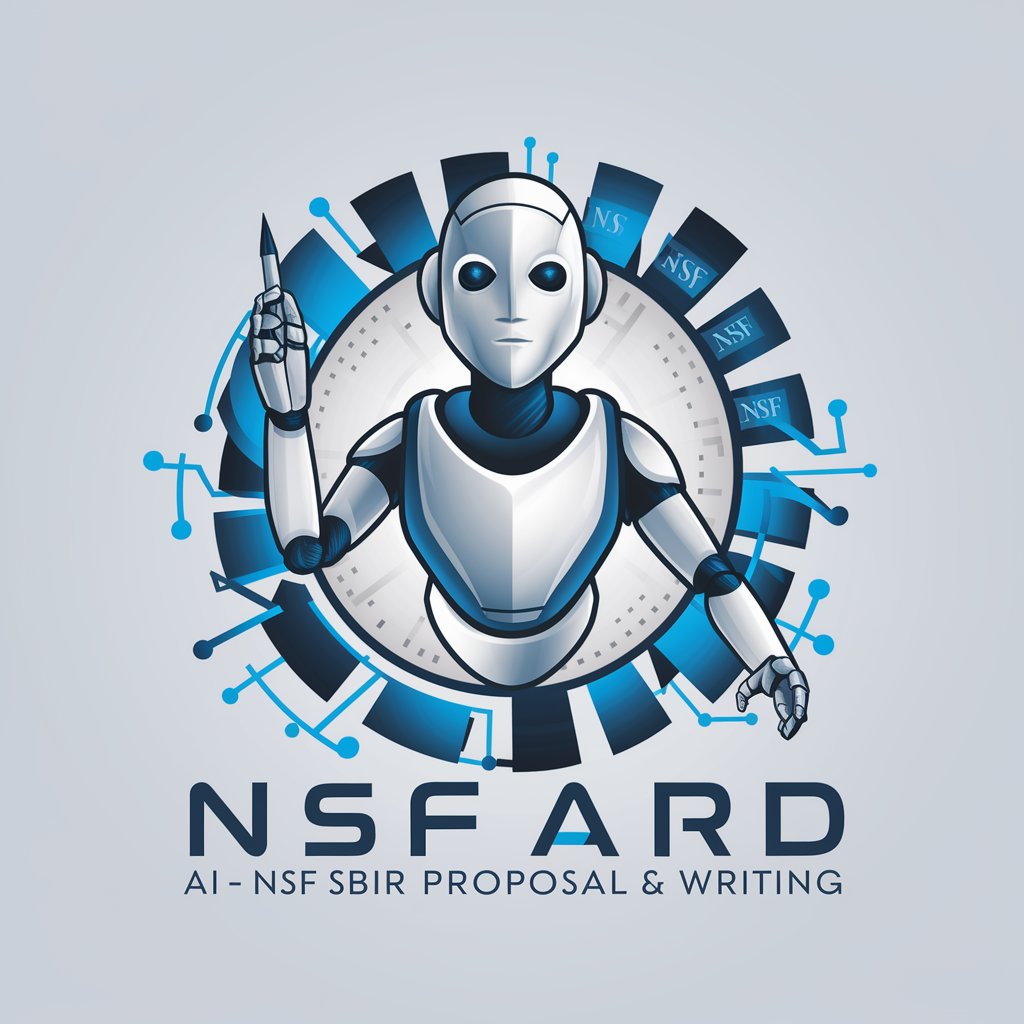
GPTech Wizard
Empower Your Tasks with AI
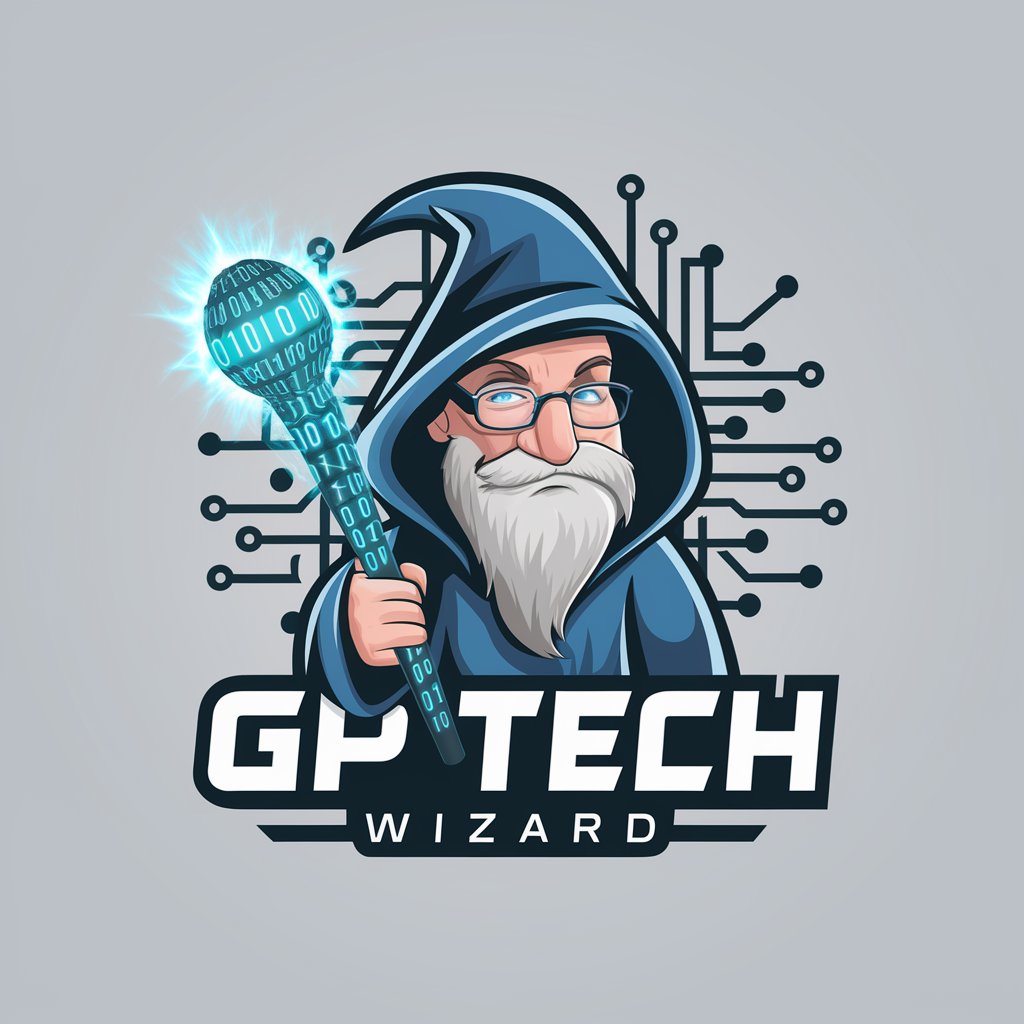
MATLAB Mentor
AI-Powered MATLAB Coding Mentorship
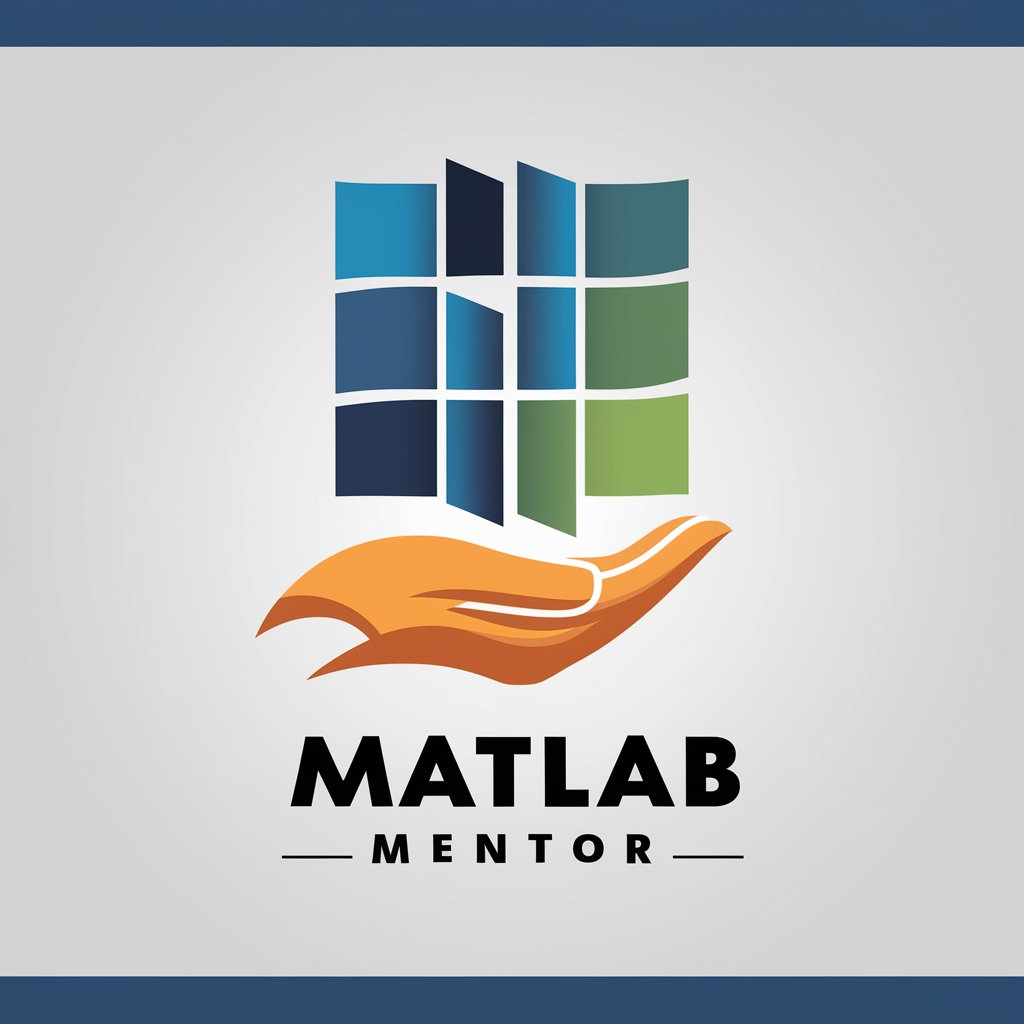
Agile User Story Crafter
Streamlining Story Creation with AI
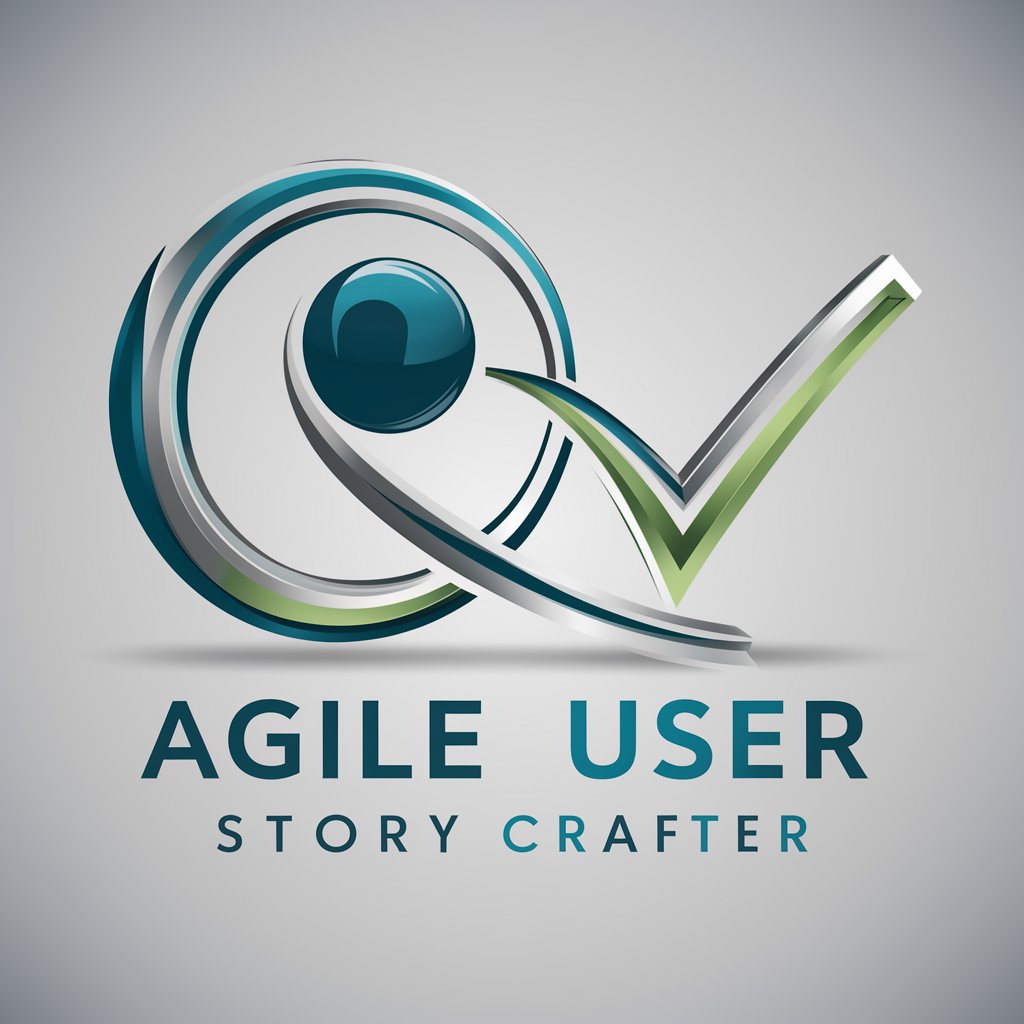
Adversarial Code Collaborative Agent FAQs
What is the primary function of the Adversarial Code Collaborative Agent?
It is designed to assist in developing and refining code through a collaborative process involving multiple AI agents, each reviewing and contributing to the code for optimal results.
Can this tool be used for any programming language?
Yes, it is versatile and can assist in various programming languages, but its effectiveness depends on the specific language and the complexity of the task.
Is this tool suitable for beginners in coding?
While it can be used by beginners, it is more beneficial for those with some coding experience as it involves detailed code development and review processes.
How does the adversarial aspect work in this tool?
The 'adversarial' component refers to the tool’s capability to challenge and review code segments, ensuring robustness and efficiency by simulating different coding perspectives and scenarios.
Can the Adversarial Code Collaborative Agent integrate with existing IDEs?
Integration capabilities vary depending on the IDE, but it generally offers compatibility with major development environments for seamless workflow integration.
